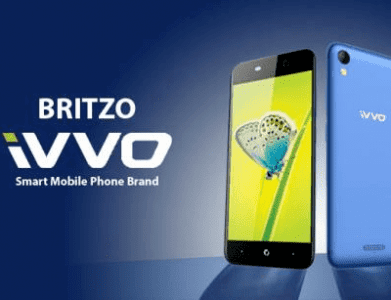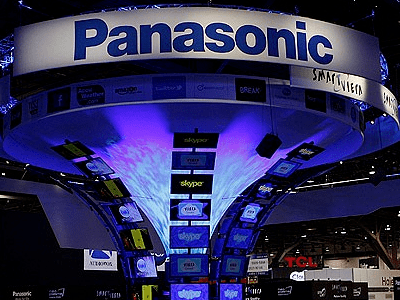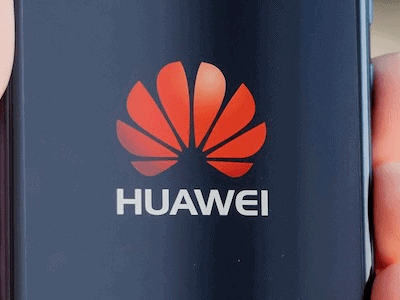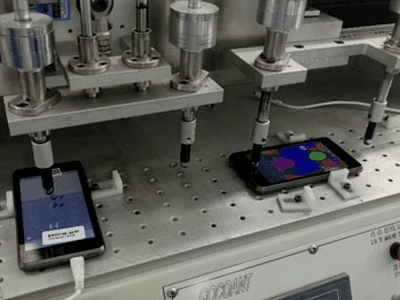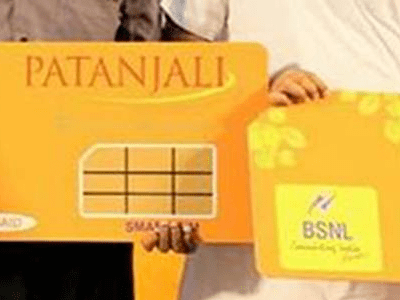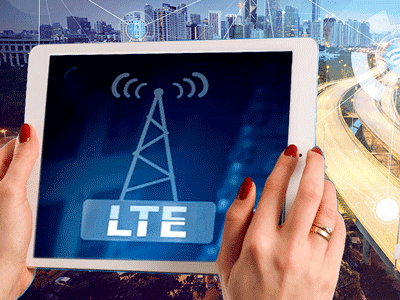Videocon d2h, one of the youngest digital satellite TV operators in India, recently announced GreenPeak’s Zigbee solution integration into its STBs. Now users will be able to use RF-based remote controllers instead of the traditional IR, eliminating line-of-sight requirement to have an STB respond to a remote controller command.
Although, at this point of time, this only means an improvised communication mode between a Remote Control and the STB, but going forward this could set the foundation for STBs becoming the Home Control Box using Zigbee technology, enabling mass M2M adoption in Indian homes. But enabling Zigbee communication on STBs will not complete the story; we have to have more devices becoming a part of the Home Network, which includes Microwave Ovens, Refrigerators, Washing Machines and many more. For a player like Videocon, this could be a game changer as it is already present in many consumer / home electronics products and has been otherwise struggling to outplay the competition that has emerged in the recent decades with the entry of MNC brands like Samsung and LG into India.
If through this Zigbee-enabled STB, Videocon is able to establish a ‘Home Control Box’ in Indian homes and then provides the commonly found electronic gadgets in an average Indian home with Zigbee-enablement, we are actually looking at the vision of a ‘Smart Home’. This means that the Remote Controller that Videocon will now be shipping to control the STB can bring a lot of power at the command of the consumer and she / he can run all major home gadgets at the press of a remote control button. Going forward, there could be cameras enabled in devices like ovens and washing machines. So, while watching her favourite TV soap, the lady of the house, could sneak-a-peek to check on the status of the clothes she put into her Washing Machine, or she could look at the food in the oven. Another possible integration could be with the video door bell. Inmates of a house could check who is at the door, right on their TV screen. To my mind, some of these use cases present an exciting picture of consumer empowerment.
Though Videocon’s step is a small start in this direction, but I see a disruption in the making. The people of India need such technologies not just to help make our homes ‘smart’ for the sake of it. We live in regions with divergent weather conditions, social norms and cultural behaviours, and these technologies can only add value to our living conditions and overall quality of life. For instance, in a large city like Delhi or Mumbai, where I have no dedicated parking space or peri-metered parking provisioned, I could see what is happening with my car parked down the road. Similarly, many other interesting use cases could be configured, depending upon customer needs.




